Speakers
Opening Panel: Towards Social Sustainability
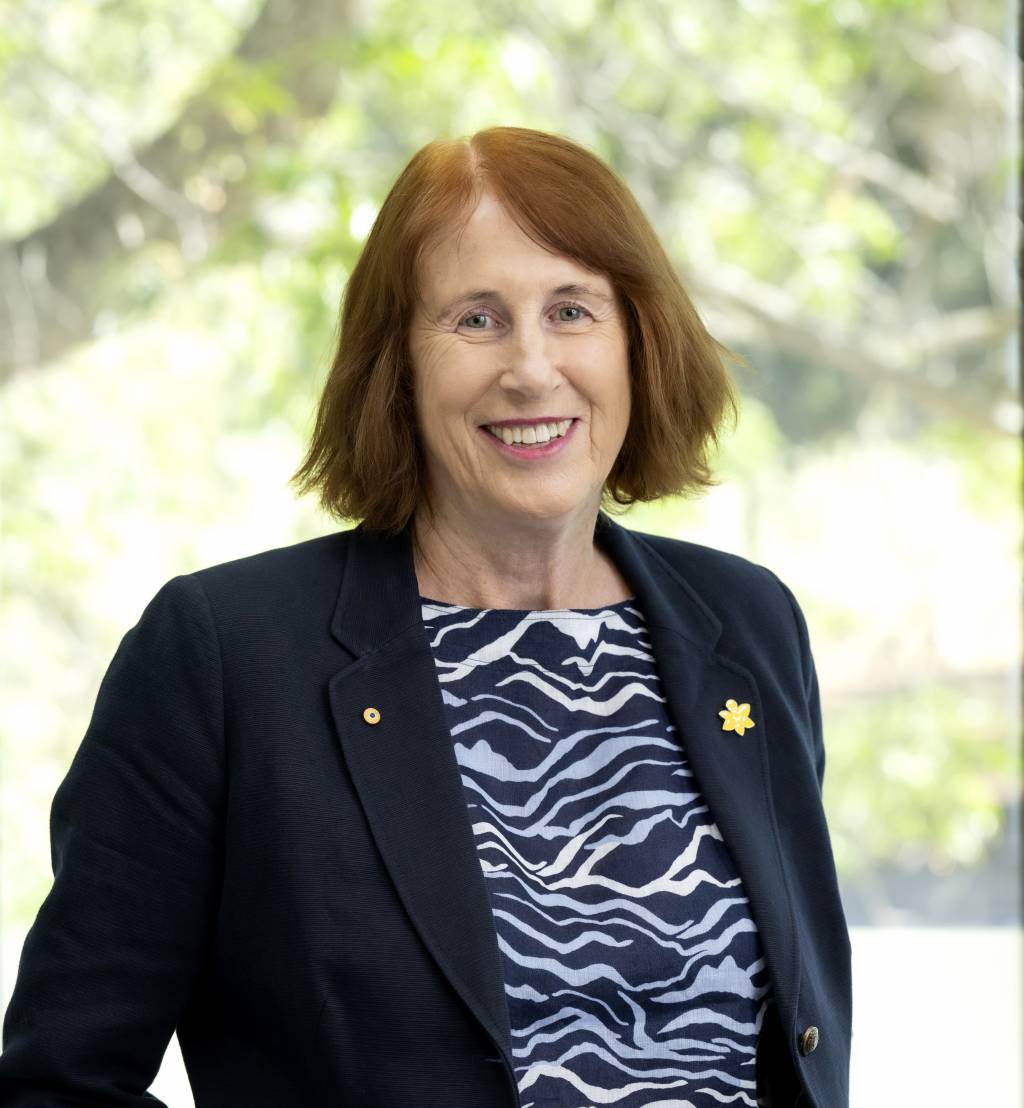
Fran Baum
Professor Fran Baum AO is a public health social scientist with a special interest in creating and advocating for healthy, equitable and sustainable societies. She is Director of Stretton Health Equity, Stretton Institute, University of Adelaide and an NHMRC Investigator Fellow. From 2009-2021 she was a Matthew Flinders Distinguished Professor and Director of the Southgate Institute for Health, Society and Equity at Flinders University. She received an Officer of the Order of Australia (AO) for her public health service. She is a Fellow of the Academy of the Social Sciences in Australia, the Australian Academy of Health and Medical Sciences and of the Australian Health Promotion Association. She is a past National President and Life Member of the Public Health Association of Australia. She is the immediate past co-Chair of the Global Steering Council of the People’s Health Movement – a global network of health activist (www. phmovement.org) and a member of the PHM Advisory Council. She is the author of over 400 publications including these books: The New Public Health (2016, Oxford University Press) and Governing for Health (2019 Oxford University Press) and co-editor of the Oxford Textbook of Global Public Health (2021).
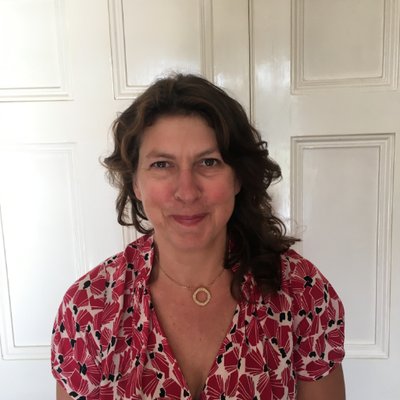
Jessica Allen
Jessica’s main activities are in working to embed a social determinants approach to health inequalities in England and globally. She led work on the WHO Eastern Mediterranean Region Commission on the Social Determinants of Health (published March 2021), the Pan American Health Organization (PAHO) Commission on Equity and Health Inequalities in the Americas and the Review of Social Determinants of Health and the Health Divide in the WHO European Region. She was previously Project Director of the Strategic Review of Health Inequalities in England post-2010 (the Marmot Review) and in February 2020, co-authored the Marmot Review 10 Years On report and in December 2020 led work on Build Back Fairer: the COVID-19 Marmot review.
Jessica has worked closely with international organisations, national and local governments, third sector organisations and the NHS and published widely on social determinants of health. She is a member of several advisory groups in England and internationally. Prior to her work at UCL she was head of Health and Social Care at IPPR, Research Fellow in Public Health at the Kings Fund, and worked at Unicef and LSE. She has published and broadcast widely on issues relating to health and social care policy. She holds a doctorate from the University of London.”
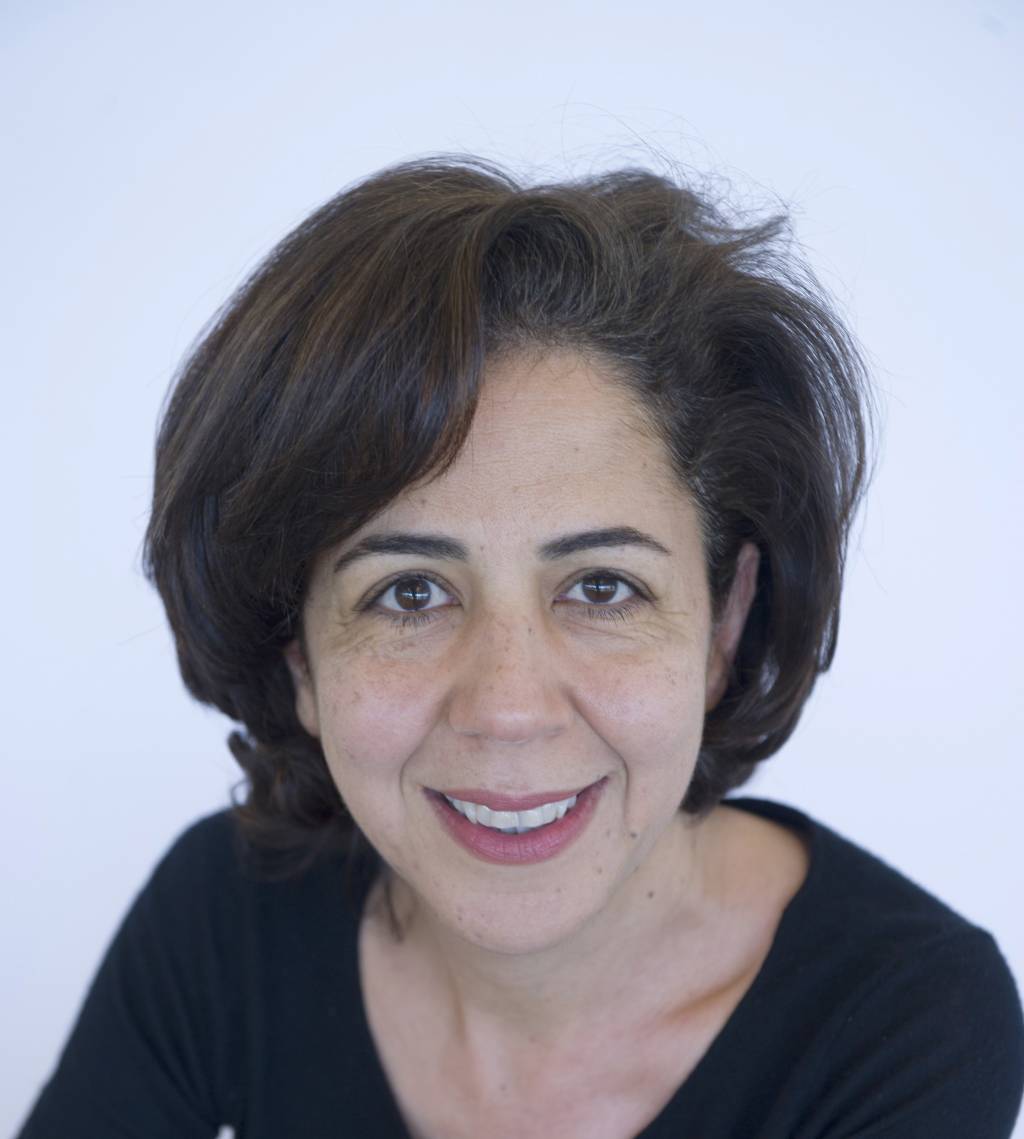
Shahra Razavi
Shahra Razavi is the Director of the Social Protection Department at the International Labour Organization. She is a development economist, with more than 25 years of experience working on social policy, social protection, gender and development. Before joining the ILO in 2020, she was Chief of the Research and Data Section at UN Women, and Senior Researcher at the United Nations Research Institute for Social Development (UNRISD). She obtained her Bsc. from the London School of Economics and Political Science (LSE), and her MSc. and Ph.D. from Oxford University and has published extensively on social policy, social protection, gender, labour markets and the care economy in a development context.
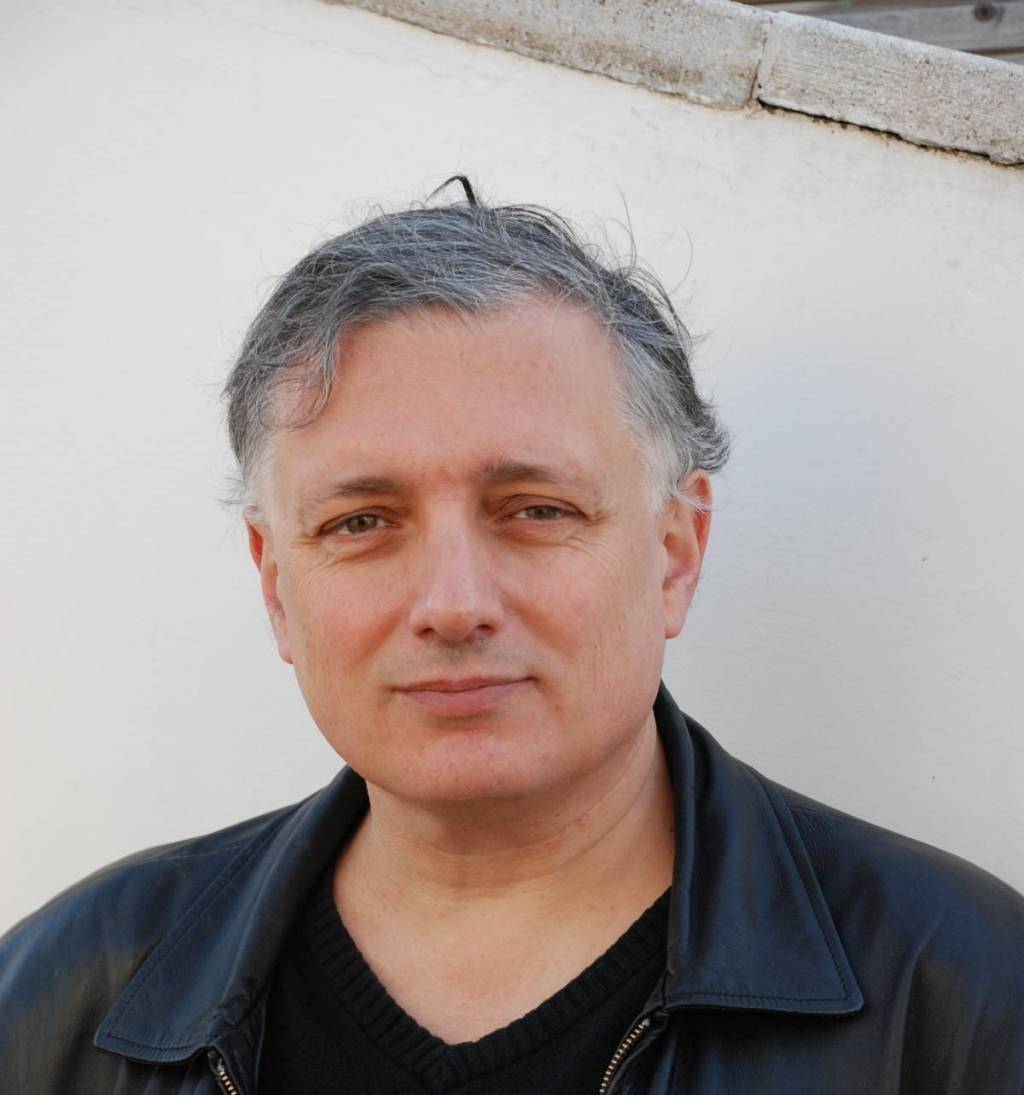
Carles Muntaner
Carles Muntaner MD, PhD, MHS works as a Professor at the University of Toronto, Canada. As a founding member of the GREDS/EMCONET research group he is also currently appointed at the Universitat Pompeu Fabra, Barcelona and is on the board of its Johns Hopkins University-UPF Public Policy Center.
Since the mid-eighties, Dr Muntaner has conducted extensive research, relying mostly on primary data collection in the US, the European Union, Latin America and Western Africa, with a focus on social inequalities in health. In the late nineties Dr Muntaner’s focus turned to macro-social determinants of health and focused on integrating politics, welfare state and labor markets as determinants of population health. Dr Muntaner has been Principal Investigator on grants financed by NIDA, NIMH, NIOSH and CDC in the US and CIHR in Canada. Approximately one hundred and eighty of his three hundred plus publications appear in the Web of Science. He has been first author of studies published in American Journal of Epidemiology, American Journal of Public Health, International Journal of Epidemiology, Health and Place and Social Science and Medicine among other journals.
In the early nineties, Dr Muntaner was member of the of US Assistant Secretary’s Task Force on Socioeconomic Status and Health. He has been member of NIH (US) and CIHR (Canada) study sections and of advisory boards of Centers for Health Disparities (US). He has served as consultant for the PAHO and several governments in Latin America, North America and Europe. He participated in the “Marmot Review” and is currently part of the review on social determinants and the health divide in the WHO European region. He co-chaired the Employment Conditions Network (EMCONET) of the WHO Commission on Social Determinants of Health. Dr Muntaner’s awards include the Wade Hampton Frost Award from the Epidemiology section of the American Public Health Associations for his contributions of social epidemiology.
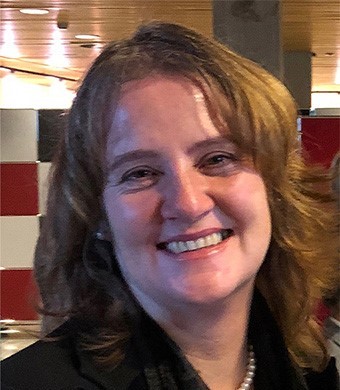
Nicole Valentine
Dr. Valentine has 30 years of work experience in public health internationally and nationally. She leads a WHO multi-year programme, the Special Initiative for Action on the Social Determinants of Health (SDH) for Advancing Health Equity, focusing on WHO multi-regional support and multi-country country strengthening. Since 2015 she has led WHO’s capacity building on SDH and Health in All Policies (HiAP), SDH evidence reviews and HiAP guidance development, and the establishment of WHO Collaborating Centres. She served in the WHO secretariat for the global WHO Commission on Social Determinants of Health (2004-2008), where she co-led the Country Action work stream. In the 2000s, she coordinated WHO teams working on the global measurement of health system responsiveness and on projects for equitable health systems and policies. Prior work at the University of Cape Town (1993-1999) concentrated on operational service and policy research for national, provincial and local governments. She is author of over 50 journal and WHO publications covering social determinants, economic and sectoral equity evidence reviews, SDH monitoring, Health in All Policies, and SDH education and training. She holds Bachelor and Master (Economics) degrees from the University of Cape Town (South Africa), a Master of Public Health from the University of Washington, Seattle (United States of America) and a PhD in Public Health from the Erasmus Medical Centre (The Netherlands).
Challenges and Potential for HIAP
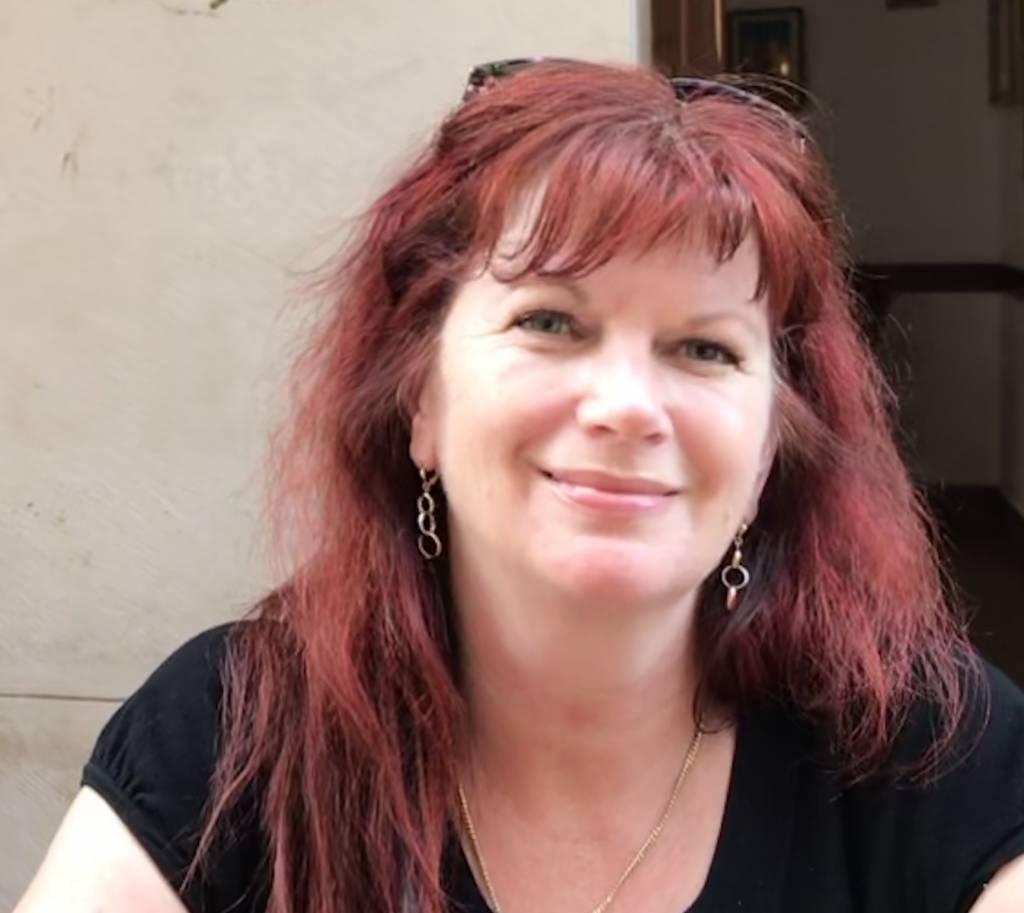
Carmel Williams
Carmel Williams is Director of the Centre for Health in All Policies Research Translation based in South Australian Health and Medical Research Institute and the School of Public Health University of Adelaide. Carmel was the foundational Director of the World Health Organization Collaborating Centre for Advancing Health in All Policies. Carmel has overseen the establishment and sustainability of South Australia’s Health in All Policies approach from its commencement in 2007 until 2021. The approach works across government to influence public policy decision to improve health and wellbeing. She led numerous collaborative projects on the social and environmental determinants of health, drawing research, policy and practice together to deliver evidence informed public policy outcomes. In 2017 and 2021 she was awarded the Primary Health Care Award, and the Individual Health Promotion Award from the Public Health Association of Australia Carmel has extensive experience in the field of health promotion and public health with qualifications in education and public health and she has earned the honorary academic status of Associate Professor with the University of South Australian and the University of Adelaide. She works extensively with the WHO and other international organizations, undertaking knowledge translation and capacity building programs, with researchers, policy makers and practitioners.
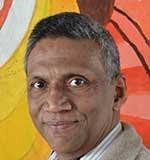
Debashis Basu
Deb Basu is a Public Health and Preventive Medicine Specialist and currently serves as the Clinical and Academic Head of Public Health Medicine based at the Steve Biko Academic Hospital and University of Pretoria in South Africa. He is involved in both post- and under-graduate teaching and supervision of masters and doctoral students in the University covering the areas of Public health and Preventive medicine. In addition, he is involved with teaching at a number of international Universities in India, Italy, Kenya, and USA. In 2015, he was nominated as the course coordinator by WHO for training of trainers course in the ‘Health In All Policies (HiAP)’ in Africa and currently serve as Director of the WHO Collaborating centre for SDH and HiAP. As a Johnson & Johnson Health management Fellow sponsored by the Graduate Business School network, he worked at the Duke University conducting joint research projects in health and clinical management. He also won a fellowship for Salzburg Global seminar on ‘Hooked on Health Care: Designing Strategies for Better Health. In 2015/16, he was appointed technical advisor to a project titled changing cities for diabetes for Johannesburg, one of the seven cities in the world chosen for this project. He also serves in the Editorial Board of the Open Journal of Preventive medicine as well as the chief editor of the Journal titled ‘Southern African Journal of Public Health’. His national and international involvements include President of the South African Public Health and Preventive Medicine Association, Secretary General of IEA African Epidemiology Association, Hon Secretary of the Academic Doctors Association of South Africa and chairperson of the South African Preventive Medicine Task force and SAMA Education Science and Technology Committee to name a few. He is an active member of the University of Pretoria’s COPC Research Unit. He has received a number of national and international grants. He has also presented in many conferences and published a number of papers in national and international peer reviewed journals. Focus of his research interest is translational research in the field of preventive health care and health systems strengthening.
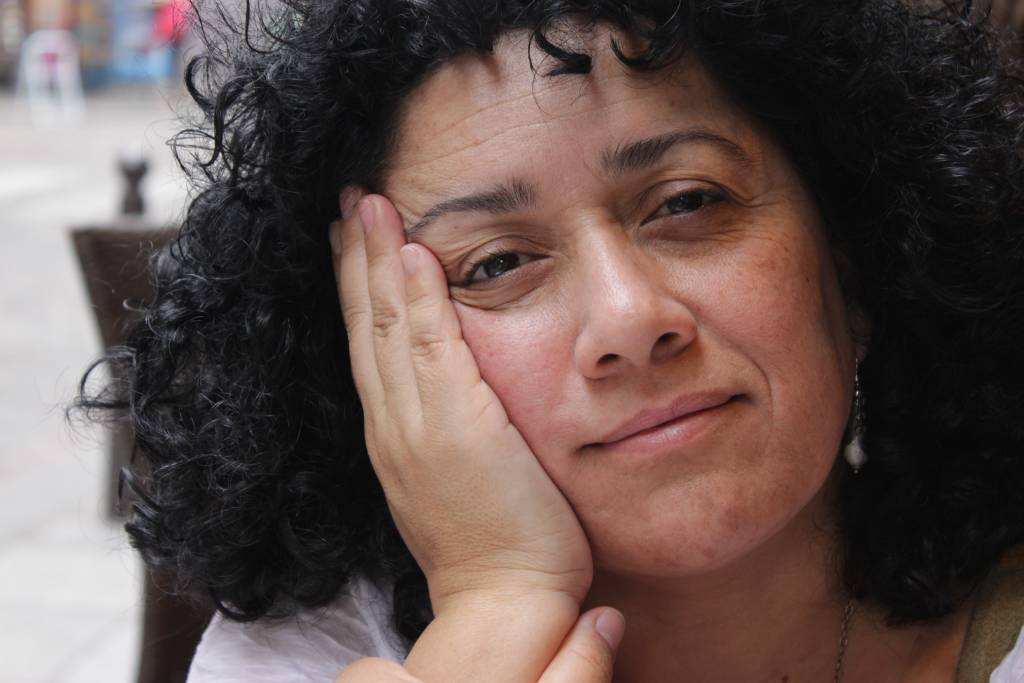
Orielle Solar Hormazabal
Orielle Solar Hormazábal is a physician and a Master of Public Health and Epidemiology. She was a Researcher at the Latin American Faculty of Social Sciences FLACSO-Chile, coordinator of the Labor, Employment, Equity and Health Program (TEES) and Assistant Professor at the Dr. Salvador Allende School of Public Health, Faculty of Medicine, University of Chile.
Dr. Orielle Solar Hormazabal has more than 20 years of experience in health services, around equity of access (1990-2002) and Institute of Public Health of Chile, (2002-2004). She worked in the Department of Equity, Poverty and Social Determinants of Health of the World Health Organization-Geneva (WHO) (2004-2007), where she was also a member of the Technical Secretariat of the Commission on Social Determinants of Health. She also served as chief of staff of the Undersecretary of Public Health of the Ministry of Health of Chile between the years 2008–2010. She has worked as an international consultant for various international organizations and university centers on the issues of Social Determinants of Health, Equity of access, employment conditions and equity, especially on issues of informal employment and inequalities. She has worked in research, application, and management of intersectoriality actions and Health in All Policies in various countries of the America region. In addition, she has worked as an advisor for and done research with Spain, Canada, Colombia, Dominican Republic, Morocco, Malawi, Indonesia and Uruguay, among others. She has published book chapters and numerous articles in different journals on these topics.
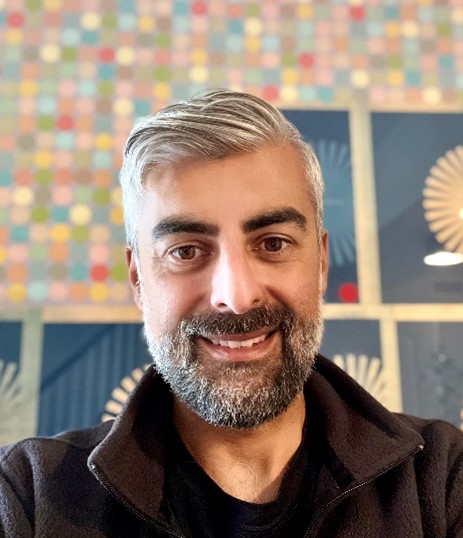
Ketan Shankardass
Dr. Ketan Shankardass is a social epidemiologist and associate professor in the Department of Health Sciences at Wilfrid Laurier University, where he is the director of the Health Equity Systems Interventions lab. Using epidemiology, community health, biology and geography, Dr. Shankardass aims to address drivers of population health and equity from cell to society.
Dr. Shankardass’ focus areas include the use of intersectoral action by governments to improve health equity (including so-called Health in All Policies); urban resilience planning approaches based on person-level information; and public opinion on health and equity. Dr. Shankardass also works with Health Promotion Ontario to improve preventive health practice in the province.
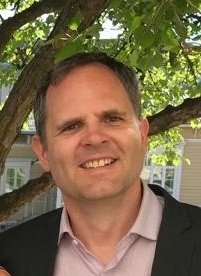
Timo Ståhl
Timo Ståhl (Mr), PhD (health science), adjunct professor (health promotion), Chief Specialist, team leader
Chief Specialist Timo Ståhl’s expertise is in health promotion, especially in “Health in All Policies” (HiAP) type of work. He has 25 years’ experience in working in health promotion research, development and implementation at local, national, European Union and global level. He is the first editor of the landmark book “Health in All Policies: Prospects and potential” that was published during the Finnish European Union presidency in 2006, and worked at WHO, Geneva for two years, 2011-2013 at the time HiAP was launched globally. His research expertise is in evaluation research focusing on the organizations capacity and ability to exert health promotion.
Timo Ståhl has published more than 140 scientific papers, non-reviewed research papers, development reports and books.
Social Protection and Health – Examples in different contexts
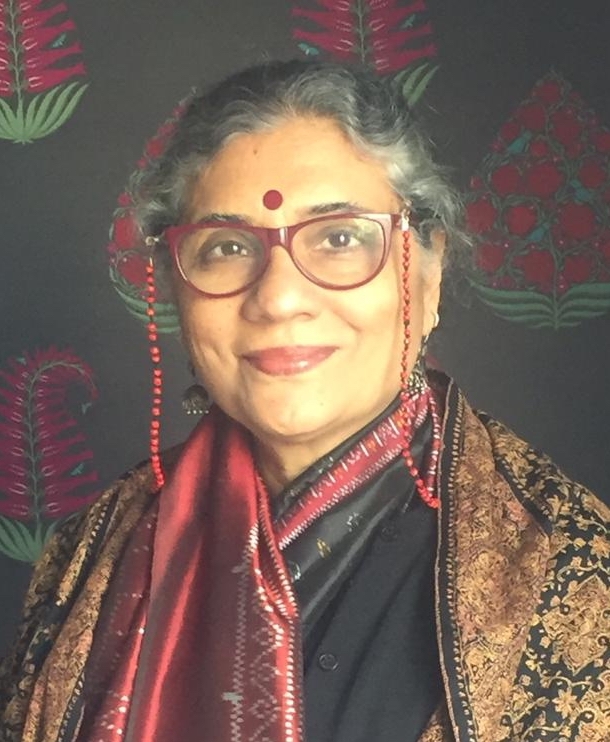
Rama Baru
Dr Rama V. Baru is a professor at the Centre of Social Medicine and Community Health, Jawaharlal Nehru University. She has taught the Masters in Public Health and PhD programmes in the Centre for the last 26 years. She is an Honorary Fellow with the Institute of Chinese Studies, Delhi and an Honorary Professor at India Studies Centre, Central China Normal University, Wuhan, China. Her research focus is on social determinants of health and infectious diseases, health policy, international health, privatisation of health services and inequalities in health. She is the author of Private Health Care in India:Social Characteristics and Trends Sage Publication. She has edited several volumes on School Health Services in India: The Social and Economic Contexts (Sage Publication); Medical Insurance Schemes for the Poor: Who Benefits?(Academic Publication); a co-edited volume with Anuj Kapilashrami titled ‘Global Health Governance and Commercialisation of Public Health in India: Actors, Institutions and the Dialectics of Global and Local’ published by Routledge. Her latest is co-authored book (with Madhurima Nundy) ‘ Commercialisation of Medical Care in China: Changing Landscapes (Routledge).
She has published extensively in journals and contributed to several edited volumes. She was awarded the Balzan Fellowship by the University College, London, the Indo-Shastri Canadian Fellowship, the Yusuf Hamied Fellowship at the Mailman School of Public Health, Columbia University, New York.
She was formerly a member of the Technical Advisory Group for Lymphatic Filariasis at WHO, Geneva. She chaired the committee that developed the curriculum for gender mainstreaming in the National Tuberculosis programme, India. She is currently on several research and ethics committees in the Indian Council for Medical Research, Department of Health Research and the All India Institute of Medical Sciences, India. Most recently she has been invited to be a member of Strategic Technical Advisory Group for Infectious Hazards at the WHO, Geneva.
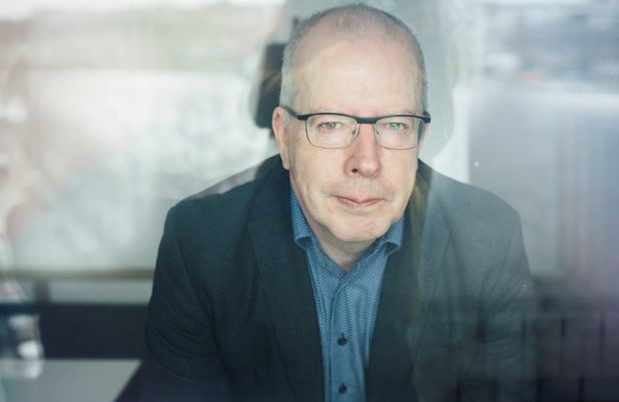
Juha Kaakinen
An experienced and passionate developer of innovative housing solutions to homeless people and social housing. After 9 years as a CEO of Y-Foundation Juha Kaakinen retired last year. Y-Foundation is the biggest Finnish NGO providing housing for homeless people and social housing with a housing stock of over 18 000 flats. Before, he has worked in public administration of the City of Helsinki and as a CEO of Social Development Ltd, a company devoted to developing social and health services for cities and municipalities. He has also worked as a programme leader of a national programme to end long-term homelessness, and as a researcher and a consultant. He is internationally known as an advocate of Housing First policy. He is a Master of Arts from the University of Helsinki.
Starting from 1.4.2023 Juha Kaakinen has been invited as a Professor in Practice in the faculty of Social Sciences at the University of Tampere.
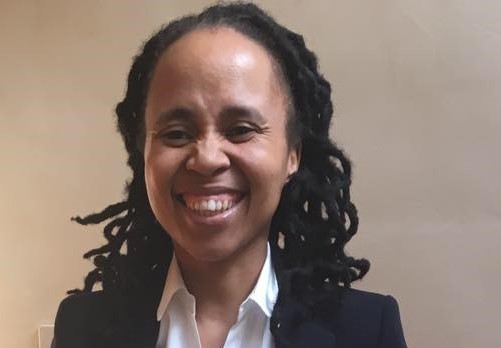
Wanga Zembe-Mkabile
Wanga Zembe-Mkabile is a Senior Specialist Scientist in the Health Systems Research Unit at the South African Medical Research Council. She has Masters and DPhil qualifications in Social Policy from the University of Oxford. Her main interests are research and teaching in social policy, specifically as this relates to social protection and social determinants of maternal and child health.

Ernesto Jaramillo
Ernesto Jaramillo is a Colombian medical doctor with a PhD in Health Education from University of London, UK. In his career he has covered clinical, programmatic and research issues in tuberculosis. Between 2002 and 2018 he was the tuberculosis drug-resistance policy lead at the WHO, an area in which he has published extensively and supported the uptake of innovative policies in countries. Since 2021 he is the lead in WHO for ethics/equity/human rights, social protection and disability at the Global TB programme department.
Launch of the Collaboration Centre
Tapio Visakorpi
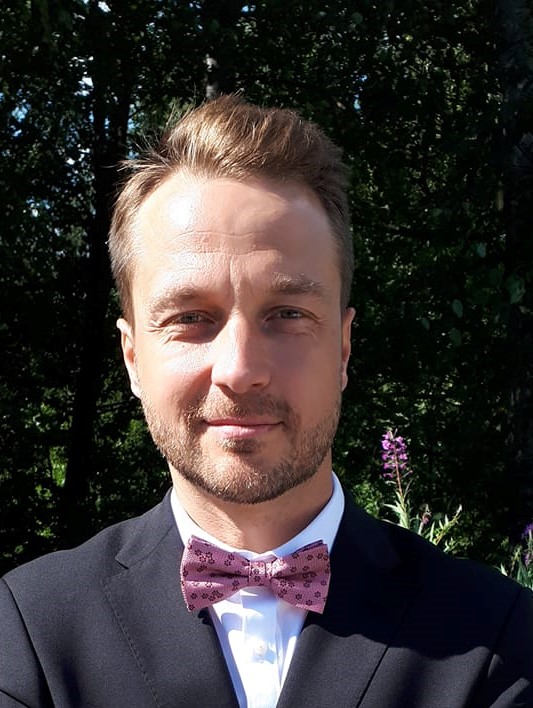
Lauri Kokkinen
Lauri Kokkinen, PhD (Social and health policy), works as a Research Director at Tampere University, Finland. He has extensive experience in realist evaluation of HiAP implementation and social determinants of health and he has published on these themes in highly ranked international journals. Kokkinen participates in several international research consortiums and serves in the multisectoral Finnish Advisory Board for Public Health.
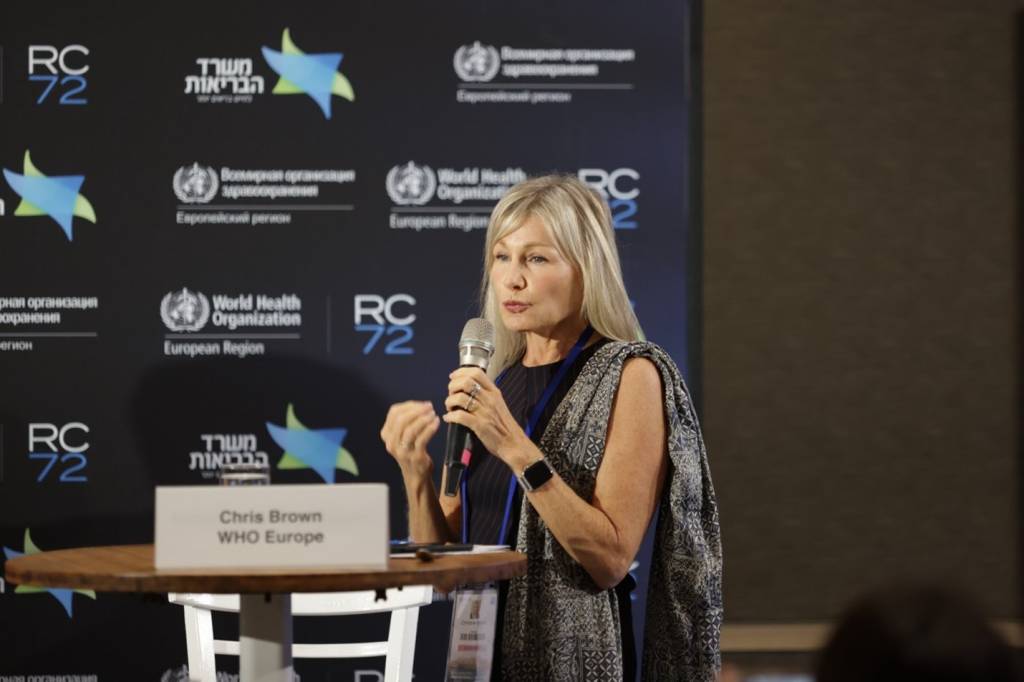
Christine Brown
Chris Brown is Head of the WHO European Office for Investment for Health and Development in Venice, Italy. She leads a multidisciplinary team supporting European health networks, national authorities and partners to implement social, economic, gender and rights- based policies for health and health equity.
Chris manages the WHO European Regional Health Equity Status Initiative which provides policy makers with innovative and adaptable solutions to invest for health and leave no one behind. In the context of European recovery and resilience priorities, she is leading the WHO/Europe Universal Wellbeing Economy Initiative which is generating practical know how and alliances across sectors to ensure a culture of health for all in recovery and development plans.
Chris is one of the RWJ Foundation Global Leaders in Health Equity and a visiting Professor at Glasgow Caledonian University in the United Kingdom. In her previous life Chris has worked for more than 10 years for the Danish Development Agency on large scale projects in the areas of health and sustainable livelihoods. And prior to this worked as a public health expert in UNK, in service commissioning and provider roles for regional and national health authorities. Chris is married, likes to paint and lives in Italy.
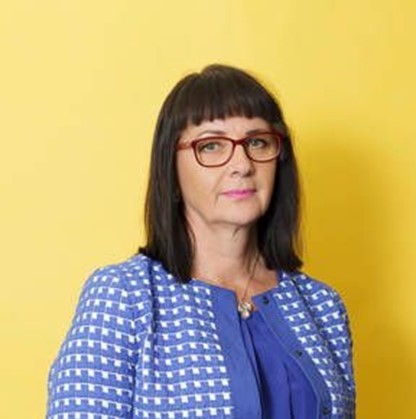
Taru Koivisto
Taru Koivisto is Deputy Director General at Department for Communities and Functional Capacity, Ministry of Social Affairs and Health, Finland. Her area of responsibilities covers promotion of health, wellbeing and functional capacity, disease prevention, rehabilitation, as well as services for older people and persons with disabilities. She has long experience in state administration and public health and has been involved in a number of committees, conferences and advisory groups both nationally and internationally. She has served as the chairperson of the Council of Europe’s health committees and chaired the Standing Committee of the Regional Committee for WHO/EURO. She has worked in the Ministry since 1998 and before that in other positions in national health administration since 1989.
